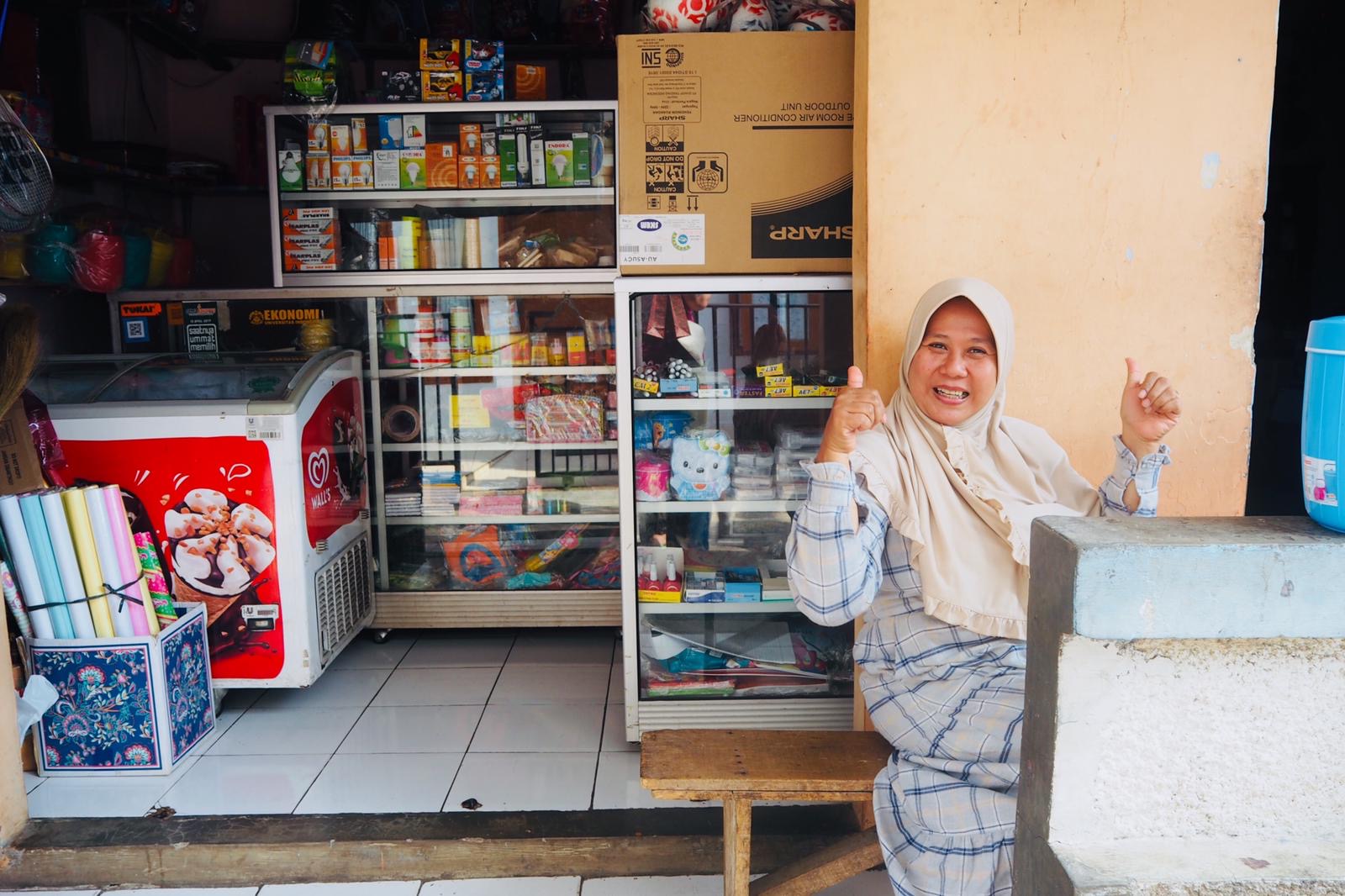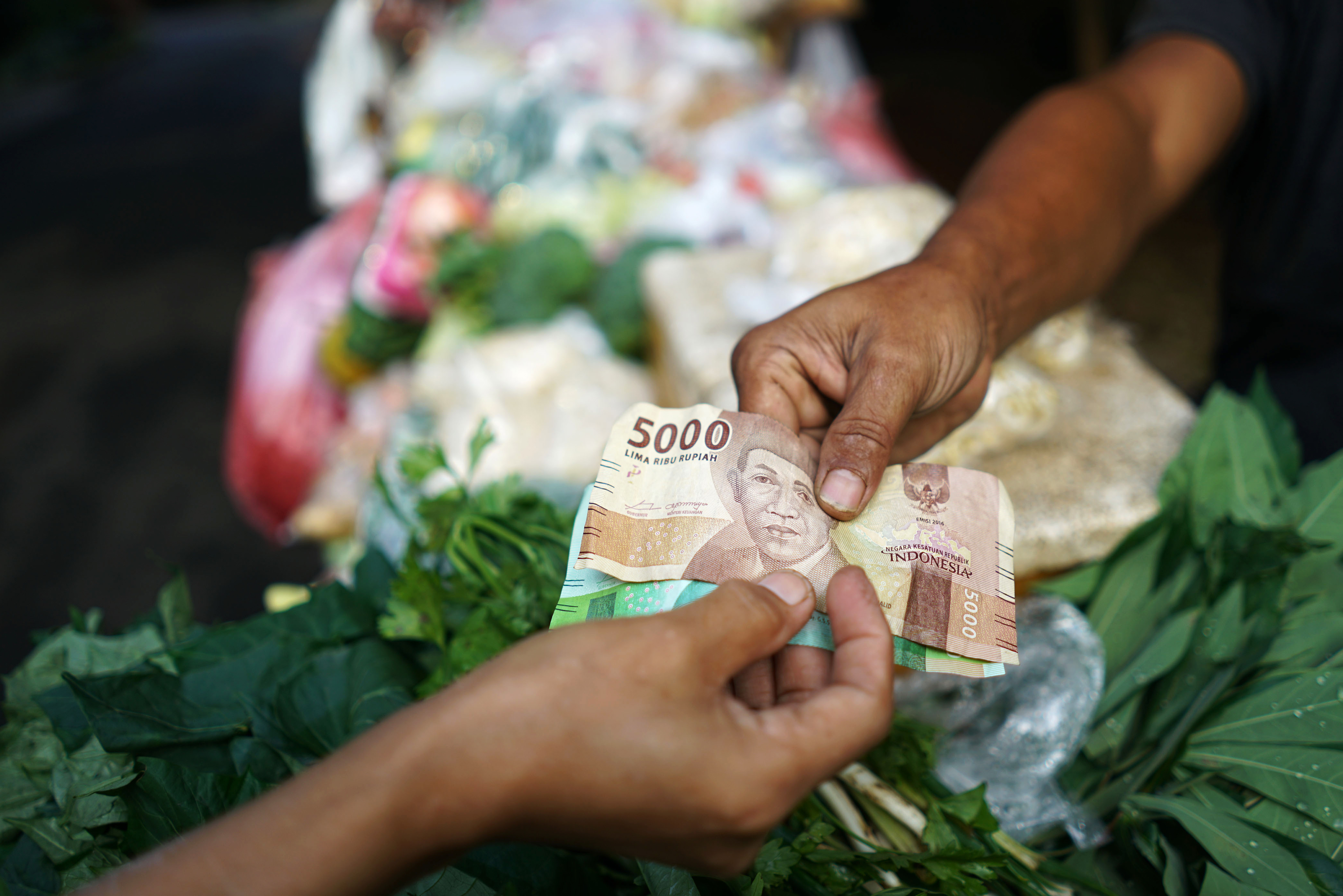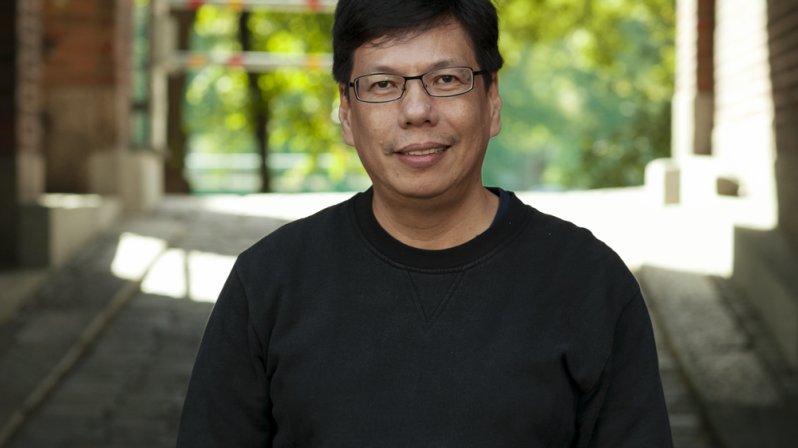Unions are in a key position to advocate changes
When revisiting his years as a Regional Coordinator for Southeast Asia for SASK, Marlon Quesada draws attention to achievements, where SASK has made a considerable contribution. The evolving of the Indonesian service union ASPEK is one of the major success stories.
It is mid-October and last days for Orlando “Marlon” Quesada in office before he switches jobs after a 16 years’ journey with the Trade Union Solidarity Centre of Finland SASK.
In the course of the years, Quesada has witnessed both smaller and bigger victories in the Southeast Asia, where he has worked on solidarity issues and developing cooperation organizations on behalf of Finnish trade unions.
“SASK has contributed to the strengthening of unions, so that workers can improve their working and living conditions. One thing I feel good about is that the density of unions has grown as well as the unions’ capacity and ability to campaign. Unions in the South has also been able to successfully affect changes in the Asian working context”, he reflects.
Quesada mentions improvements such as the expansion of maternity leaves for Philippine women from 60 days to 105 days and the legislation of a universal coverage on health. In Indonesia, it is the outcome of universal coverage on social security, as before only formal workers had this coverage.
“After the ratification of the ILO convention for domestic workers, unions managed to push for a law and now there is a legislation covering domestic workers in the Philippines”.
“In this part of the world, many governments do not like workers to be organised as it reduces the power to control workers”.
According to Quesada, political instability, along with other factors such as corrupted systems and governments, make change challenging in Asian societies. Governments systematically institute policies and regulations that will ensure unions and workers to remain weak. Further, collective bargaining in some sectors like civil servants and public school teachers are not recognized by law.
“How do we deal with this? We need to change the laws”, he responds.

In addition, union density in Asian countries, like the Philippines and Indonesia, is low, and only about 5 percent of the labour force is organised.
“Around 30-60 percent of the workers in the region are in the informal economy, meaning they are not covered by formal regulations. Besides, the outsourcing of company activities to third parties is high”.
“But that is the essence of this work, and until the unions are really strong enough to change the system and policies, the fight for stronger unions and better work conditions will continue”, he says and continues:
“To me, Finland is the exemplary of trade union movement, democracy, justice and equality. Many of us from the South see the North as an ideal society, reminding us that change is possible”.
ASPEK Indonesia
- was established in February 2000
- is the largest private service union in Indonesia
- 98 affiliated local trade unions covering around 100 000 members, 35 percent women
- covers 13 private sectors in commerce, security, cleaning, posting, finance, ICTS, health care, tourism, property etc.
- present in 13 provinces and in 6 major cities
- affiliated to Union network International (UNI) an KSPI Confederation
Source: ASPEK President Mirah Sumirat, General Secretary Sabda Djati and UNI Global Union’s contact person Kun Wardara.
One of the major success stories in SASK’s history is undoubtedly the evolving of ASPEK Indonesia, the largest service union in the country. The union has reached a strong position in the commercial and retail sector, especially in super markets and malls in Indonesia.
PAM co-finances the solidarity project managed by SASK, strengthening ASPEK Indonesia. The fourth partner in the project is UNI Global, for which Indonesia is a strategically important country. PAM, SASK and UNI Global are very committed to supporting ASPEK.
“ASPEK started off in 2000 as a grouping of different private service unions, which is similar to PAM’s history. By the help of UNI Global Union, the unions came together as ASPEK”, he says.
When SASK came in to the picture in 2010, the first stage was to collaborate on strengthening of membership dues. The aim was to convince the affiliated local unions to share greater dues fund to the ASPEK federation. A task, which was easier said, than done.
“At that time, the fee was 250 Indonesian rupias (around 0.15 euro). It took four years of campaigning for this and some unions even threatened to leave ASPEK. Now there is a monthly percentage dues contribution system, out of which 30 percent goes to ASPEK. A major policy adopted during the federation’s congress in 2019. This is one of the biggest victories”, he says.
If this is implemented well, ASPEK can be sustainable in the next five to ten years according to Marlon Quesada. As follows, the aspiration is to gradually increase the contribution to ASPEK from 30 to 50 percent.
Much thanks to the project, ASPEK was able to organise new unions as well as train union leaders as negotiators in collective bargaining.
The ASPEK project has contributed to the organizing of 59 new trade unions covering 36.175 new members including members from IKEA, Korean Lotte Mall, ISS cleaning and security and Nokia G4S. The project has also helped signed 26 new collective agreements and renew 24 agreements. The CBAs covered 52.800 workers during the project period.

“ASPEK being able to organise Korean Lotte and the largest supermarket in the country, Hero, are proof of successful work and they are using the same approach to organise other mall workers too”, he adds.
“Another great achievement is ASPEK’s contribution to wage negotiations. Sectoral minimum wage was increased for commerce workers in Jakarta by 8 percent in 2018 and 8.5 percent in 2019. The wage increase covers around 800.000 to 1.3 million workers”, he explains.
“The minimum wages in Indonesia is 225 euros per month, so wage increases must be considered in
that context.”
With all the various actions, ASPEK has received recognition by the Indonesian Government and employers.
Today, ASPEK is run by a woman president, Mirah Sumirat, given the circumstances that Indonesia and its trade union movement is a male dominated.
“PAM was surely influential in this happening”, he believes.
Organising in the South should not be compared to what we are used to in workplaces in the North. In Indonesia, it has to be done shop by shop, meaning one enterprise, one union and one collective agreement. It is an enterprise model of trade unionism, which is very divisive.
“This opens up the opportunity for the same retail chain to dismiss workers who are organised and replace them with workers from other shops”, he explains.
Most workers are also non-regular workers, meaning they cannot be or are not covered by a collective agreement.
Indonesia
- largest Muslim Nation in Asia
- close to 11 million living in the capital, which is Jakarta
- labour force more than 136 million, 60 % are working in informal economy
- It is also the largest economy in Southeast Asia, the richest 10 % owns 77 percent of the wealth in the country
- 10-11.6 percent of the population live below the poverty line
- Unemployment rate is 8-9 percent
Source: ASPEK President Mirah Sumirat, General Secretary Sabda Djati and UNI Global Union’s contact person Kun Wardara.
“When you convince workers to organise a union and they end up losing their jobs and their livelihood, it can make you feel really guilty”.
The risks of organizing are therefore high. Organisers are aware of this, and they have to calculate which workplaces would have a better chance in succeeding.
“We always discuss that it is not the fault of the workers, but the system”.
An Indonesian law, the Omnibus Law on Job Creation, weakening workers’ rights was recently passed in Parliament. Marlon Quesada expresses his worries and says that the law will affect workers’ job security, wages, working conditions and social security.
According to the Omnibus Law, outsourcing can be done in any type of job, which means the demise of permanent or regular work. Employment contracts can be extended from time to time without limits. The list for deteriorated conditions is long; loss of severance pay, effects on minimum wage, easing the law on lay-offs, removal of criminal sanctions on employers’ violation of labour laws etc.
Earlier in October, there was a national strike, gathering workers on the streets to demonstrate against the Omnibus Law. The Government responded with silence.
“The Omnibus law is contradicting the ILO’s and UN’s sustainable agenda, that is why outside pressure is needed up to presidential level.”
“Most of the political parties are controlled by the employers and the army, so the situation is very challenging. When you add COVID-19 to this, it is a mix weakening unions and depriving workers of benefits. The impacts of all this, are not seen until after the next couple of months, Quesada predicts.
Quesada is also worried about the common violence against union representatives. In countries like Indonesia, the Philippines and Cambodia, you can get killed if you belong to a trade union.
“There are both police and gangsters threatening and harassing members verbally, but also physically. Sadly, the Government is aware of these harassments, and turn a blind eye to it all”, he says.
When Marlon Quesada was a young factory union organiser, he recalls having many violent encounters with the police.
“That was in 1985 during the dictatorship of President Marcos. I was told by senior organisers to identify the company owner, the police protecting the owner, and third, the gangsters hired by the police. That experience has helped me through so many things”.
He believes unions are in a key-position to advocate changes. Throughout the years, unions have played a big part in building the norms of society.
“I really hope the two-way solidarity cooperation - the Finnish unions supporting the unions in the South and the other way around - lives on benefitting workers and connecting unions”.
By the time this article is published, Marlon Quesada, has taken on a new position at the Woodworkers’ International Union.
“I am going back to my organising roots before my retirement”, he says with a smile.
Service Union United PAM wants to thank Marlon Quesada for his work for the trade union movement and for the lucrative and long lasting collaboration.
Addition 3.11.2020: Clarification of the role of PAM in the solidarity project managed by SASK.
SASK
SASK is the development cooperation organisation of the Finnish trade union movement. Our aim is to promote decent work and living wages for everyone. We support the reduction of poverty and inequality by strengthening the trade union movement and position of workers in developing countries. Read more here.
Text:: Marie Sandberg-Chibani



